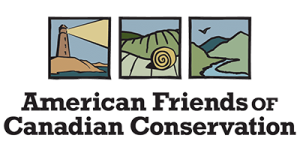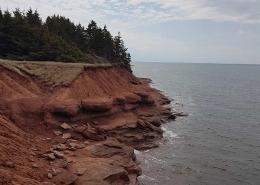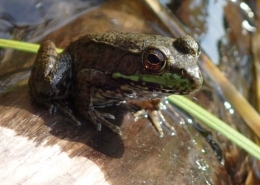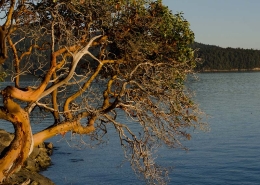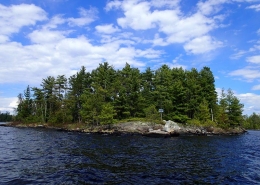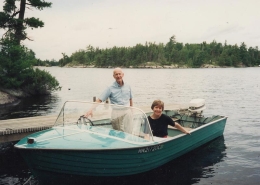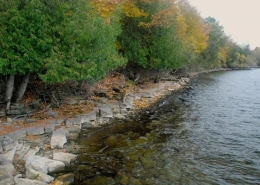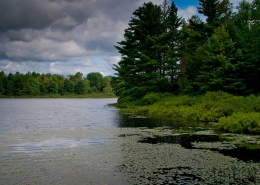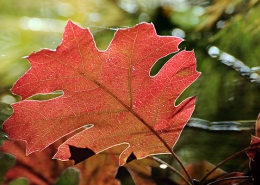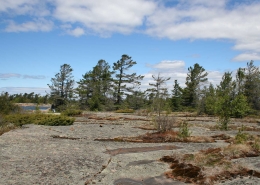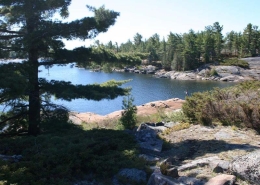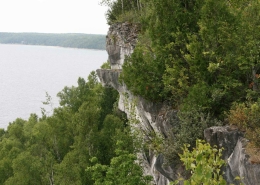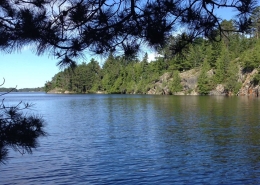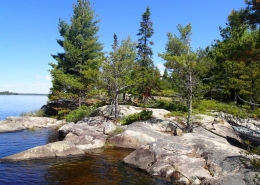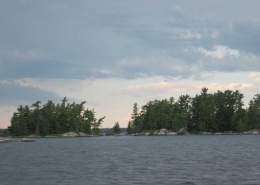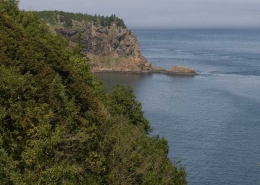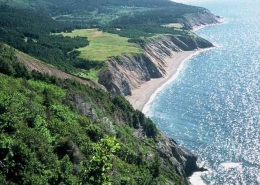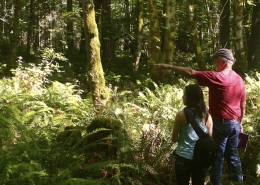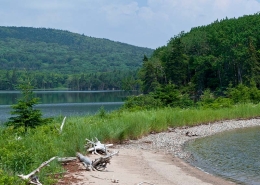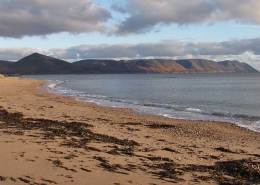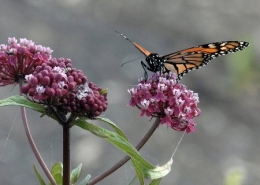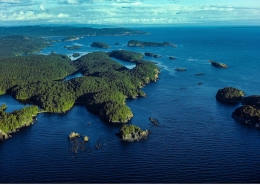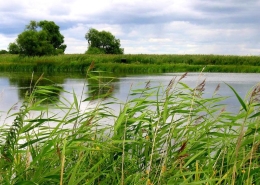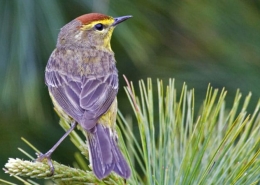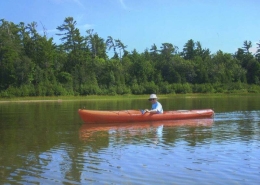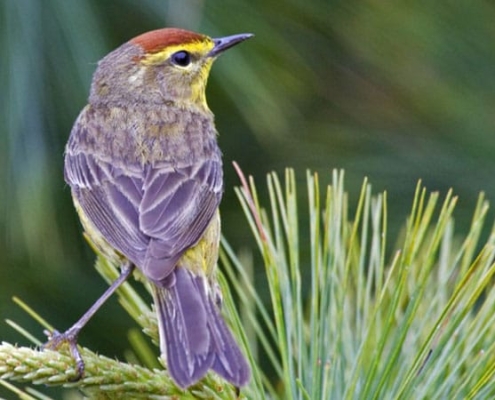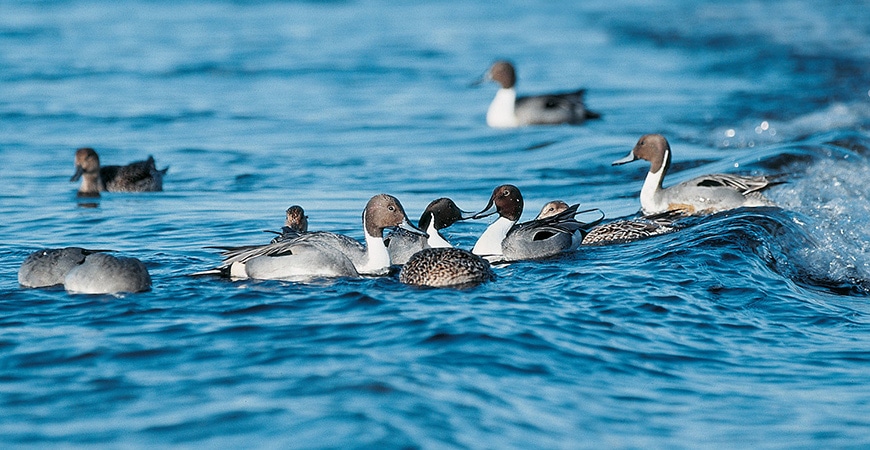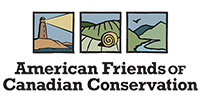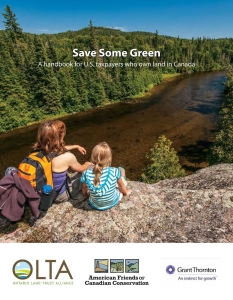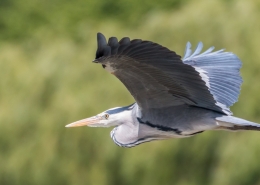
Protected Places

Americans interested in donating their Canadian land or a partial interest can accomplish both their conservation and estate planning objectives through a gift to American Friends of Canadian Conservation.
Canadian conservation leaders report that in prime vacation areas such as the Maritimes, Great Lakes’ island country and British Columbia’s Gulf Islands some of the most ecologically significant land is owned by US citizens. Many of these properties are part of multi-generational family traditions that link our two countries.
Conservation-oriented Americans are often familiar with land trusts that operate in the US and therefore recognize that donating land or a conservation easement can provide both personal satisfaction and positive financial results. The aging of the baby-boom generation means that many families are engaged in estate planning. According to a 2002 Wall Street Journal article by Jeffrey Zaslow, “Vacation home ownership rose 13% in the 1990s, to 3.5 million homes. Today, one out of every seven homeowners over age 65 also owns a second home that must be factored into their estates.”
Canadian Partners
American Friends of Canadian Conservation exists to help our conservation colleagues achieve their objectives by increasing the level of funding available for land conservation and by partnering to complete donations of ecologically significant land and easements from US-based landowners who wish to avail themselves of US tax benefits while ensuring that their contribution of appreciated property is not subject to Canadian capital gains tax.
Accomplishing our mission through these activities requires AFCC to comply with laws, statutes and tax regulations in both countries. Some of the best legal minds and most experienced conservation professionals worked for more than a decade to establish the system, policies and procedures that make AFCCs’ partnerships and successes possible, now and in the future.
Why Support American Friends of Canadian Conservation With Your Financial Gift?
Canadian land trusts work tirelessly to protect the landscapes and communities that are cherished by citizens of both our countries – and many others. Their work reflects pride and love for Canada’s heritage. American Friend of Canadian Conservation (AFCC) works tirelessly to help them succeed. Financial contributions from people like you who appreciate Canada’s lakes, rivers, shorelines, wetlands, forests and wildlife are essential to ensure the permanent protection of these special places.
Contributions to Support Canadian Land Trusts
AFCC assists organizations dedicated to protecting Canada’s iconic landscapes and US taxpayers who want to advance that work. AFCC is like a donor-advised fund that accepts tax-deductible gifts of cash and securities from US taxpayers who want to underwrite preservation efforts in some of Canada’s most scenic, heavily visited and ecologically rich areas. Donors make grant recommendations to indicate how they would like their gifts to be used.
Contributions to Support AFCCs’ Cross-Border Work
AFCC depends on charitable donations from US taxpayers who want to preserve environmentally significant land in Canada. AFCC is recognized by the US Internal Revenue Service as a publicly supported charity so contributions of cash, securities and land interests are tax deductible to the extent allowed by law. We are achieving remarkable results thanks to our American contributors.
You can give online to support American Friends of Canadian Conservation or a Canadian land trust. Visit the webpage for more information on giving via check. Or call (519-241-4022) or email us to discuss how to donate, including securities and land.
